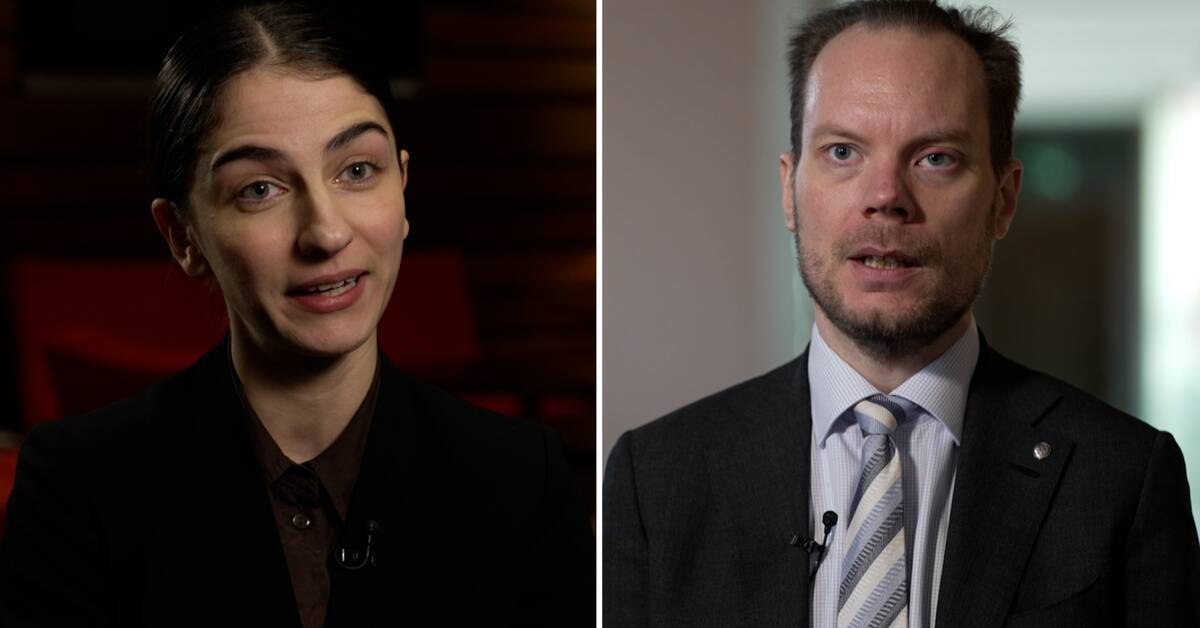In order to bring down the price of petrol and diesel, the government promised last autumn to lower the reduction obligation, i.e. reduce the requirements for how much biofuel must be mixed into petrol and diesel.
The reduction obligation must be at the EU's lowest level, they said.
But according to Sara Sundberg, unit manager for propellants and sustainable fuels at the Energy Agency, there is no reduction obligation within the EU - only targets for emissions.
- What is being negotiated within the EU now is the renewables directive and it contains targets for the transport sector, but there you have to include electricity, so it is a different way of calculating than the Swedish reduction obligation, she says.
The proposals that are currently on the table in the EU are that emissions from transport should be reduced by 13-16 percent by 2030. But how the reduction should take place is up to the member states themselves.
This is what SD takes note of when they believe that the reduction obligation can therefore be completely scrapped.
Climate Minister: "The level is under negotiation"
But climate minister Romina Pourmokhtari (L) does not give much for SD's interpretation:
The Sweden Democrats are talking about the fact that they now want to completely scrap the reduction obligation - can that happen?
- We agree to set the reduction obligation to the EU's lowest level, and that level is currently under negotiation, says Romina Pourmokhtari.
In order to get the legislative amendment in place by the turn of the year, the government must shortly send the proposal for a reduced reduction obligation for referral.
"Harder to reach the climate goals"
At the same time, many experts, and the government itself, have stated that it will be more difficult to reach the climate goals if the reduction obligation is lowered.
If the reduction obligation is set to zero in Sweden - will it be possible to live up to the EU targets then?
- It depends on how the goals are finally formulated and what measures are taken, but I think it may be more difficult to reach those goals without a reduction obligation, says Sara Sundberg at the Energy Agency.

